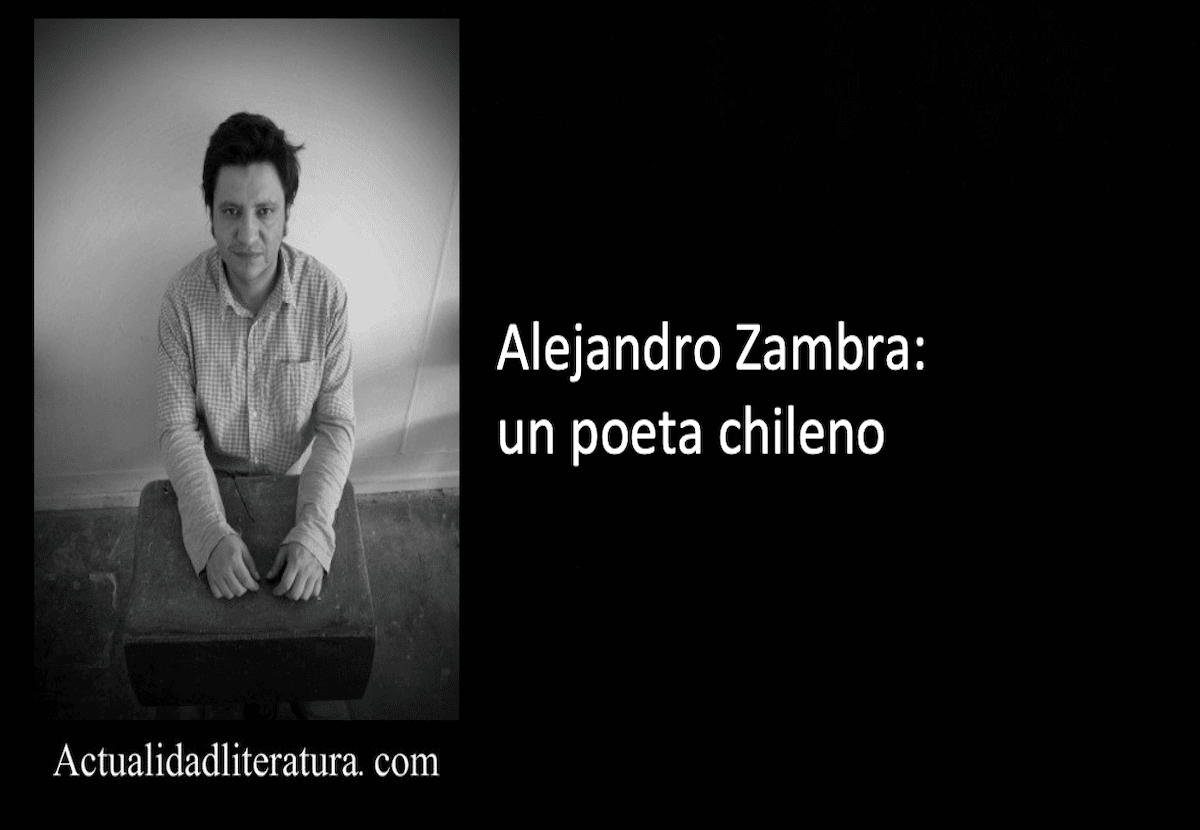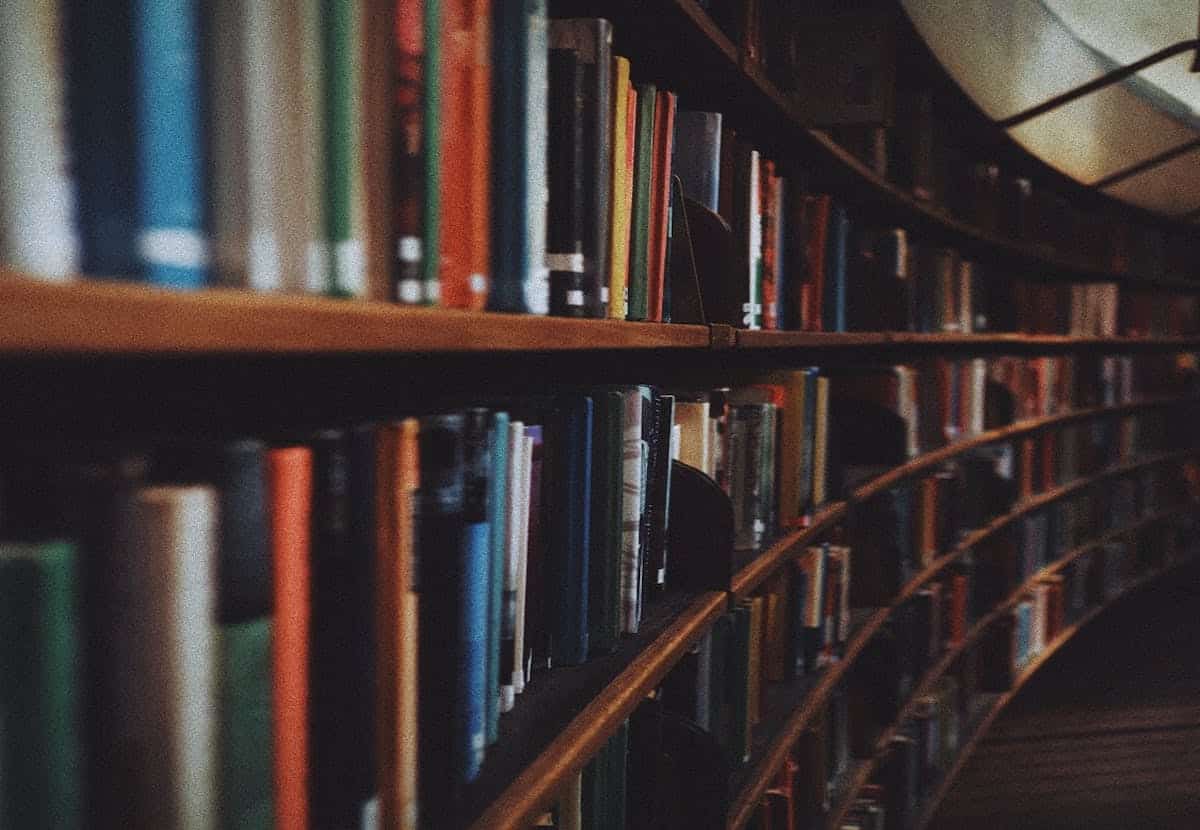
Photography: Alejandro Zambra. Font: Editorial Anagram.
Alejandro Zambra is a Chilean writer known for his poetry and for his prose work. One of the most acclaimed and considered works is Bonsai, an experimental novel that had a film adaptation (whose script was by Zambra himself) with great critical acclaim and that reached the Cannes film festival.
He has received several awards and nominations. Among the first stands out the Best Published Literary Works Award, which has won in several editions, and the Altazor Award; both great Chilean recognitions. Discover this Hispanic-American author and encourage yourself to read his work.
Alejandro Zambra: the author
Alejandro Zambra was born in Santiago de Chile in 1975. He has a son and is married to the Mexican writer Jazmina Barrera; the family currently lives in Mexico City.
Regarding the academic field studied Hispanic Literature at the University of Chile. In addition, she got a scholarship to study in Madrid for a postgraduate degree also in this humanistic branch. He eventually received a doctorate in literature from the Catholic University of Chile.
In addition to being a writer, he is a literary critic and teaches Literature at the Diego Portales University in Santiago de Chile. He has edited and collaborated in different Chilean, Spanish and Mexican publications.as The latest news, babelia (El País) or Free Letters.
Zambra began as a strictly poet, but he developed as he discovered himself writing towards more narrative horizons. Nevertheless, his global oeuvre has a strong lyrical component. Also, his work has been marked by the writer's literary character that he tests as if in a laboratory.
His books talk about literature, no matter if it is essay or narrative, as well as poetry. His writing is surrounded by interesting and intense swings, and fiery stories capable of breathing life into the most introspective and intimate aspect.. Zambra is clearly a writer who traces his texts in the first person; a writer of the 'me'. Some of them are considered autofiction narrative.
His work has been translated into more than twenty different languages and his stories published in prints by the likes of The New Yorker o Harper's. Zambra, among his influences, stands out Ezra Pound, Marcel Proust, José Santos González Vera and Juan Emar: these last two as Chilean authors. Although he enjoys reading all of them, among other authors, he points out that he does not consider having deep influences that describe or limit his work.
He has also worked as a screenwriter on family life (2016) and The grass of the paths (2018) In 2015, he received a scholarship from the New York Public Library. to work there for almost a year on the creation of a book about libraries.

Zambra's most important work
- useless bay (1998). This is his first collection of poems.
- Bonsai (2006). Short novel. Bonsai is Zambra's narrative game in which through the growth of this tree, Julio, the play's protagonist, feels his existence pass by. Through observation and meditation he begins the vital experience of it. Something simple that becomes more complicated. It is interesting to see how the novel develops as the bonsai does. Also called a summary novel, relevant is the influence of Jorge Luis Borges in this work of the Chilean writer.
- The private life of trees (2007). Novel surrounded by the love of literature and the questions that words, reading, books and their sheets of paper unleash. It is a narrative work on writing through various characters that populate its pages.
- Ways to go home (2011). Novel whose background is permeated by the ghost of the dictator Pinochet. Important in it will be the learning and development of reading and literature from childhood. Ways to go home is a personal story of the author in the past and present context of Chile.
- My Documents (2013). Collection of eleven stories that seem to be stored in the "my documents" folder of any personal computer. They are all full of that nostalgia and mordacity that are typical of their author.
- Facsimile (2014). Experimental and fragmented novel that brings together different genres in addition to the narrative, such as essay and poetry. The author uses the work to go through different moral and ethical obstacles that he himself poses. The reader will be the one who, with his own criteria, accepts the author's assumptions that he links with academic education and its social failure.
- Chilean poet (2020). novel that was published by Anagram. It is a family story, in which Gonzalo and his stepson Vicente share an attachment to poetry. Masculinity and love will be other important aspects in this celebrated work. Carla and Gonzalo will be each other's first love; together they initiate the first sexual contact. Years later they meet again and Gonzalo will meet the son that Carla has had during that time. A fun plot open to experience and change.